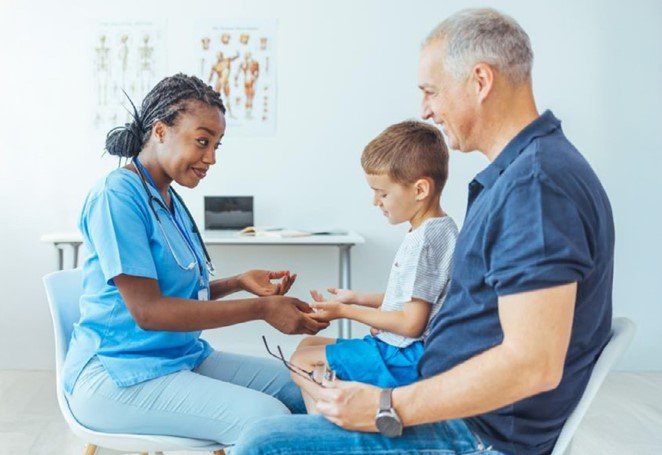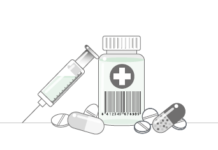
The European Medicines Agency (EMA) currently has 11 expert panels that offer scientific and technical expertise for evaluating medical devices under the Medical Device Regulations and the In Vitro Diagnostic Medical Device Regulations. This new expert panel will become the twelfth.
According to the EMA, the expert panels have several responsibilities: to provide their perspectives on the performance evaluation of high-risk in vitro diagnostic medical devices, to advise the Medical Device Coordination Group (MDCG) and the European Commission on the safety and effectiveness of medical devices and in vitro diagnostic medical devices, and encourage Member States, manufacturers, and notified bodies to consider various scientific
and technical matters.
MedTech Europe said it “welcomes the expansion of the expert panels’ scope to include a dedicated panel for paediatrics and rare diseases…. Overall this is a very welcome initiative, especially in light of the serious challenges posed by MDR and IVDR implementation, which have already contributed to the discontinuation of life-saving devices across multiple
areas of healthcare, particularly in low-volume or high-need contexts such as paediatrics and rare diseases.”
EURORDIS, a non-profit alliance of over 1,000 organisations representing rare disease patients, also voiced its approval of the initiative. “There is broad backing for the creation of a specialised panel focused on orphan and paediatric medical devices. At present, very few devices are designed specifically for rare diseases or children, yet they are vital tools for patients, their families, and healthcare providers dealing with complex and uncommon conditions.”
More information






















